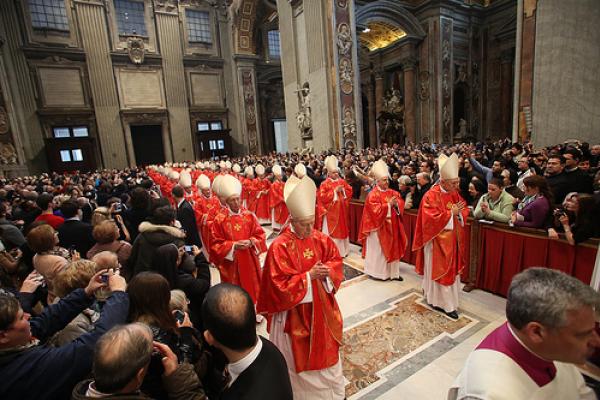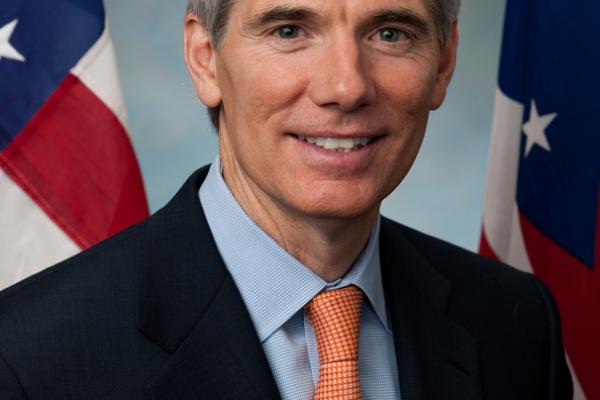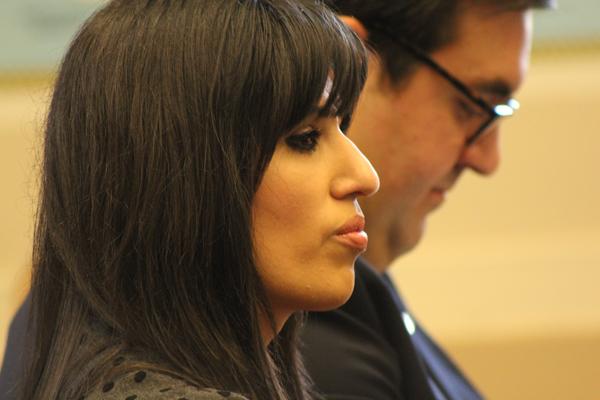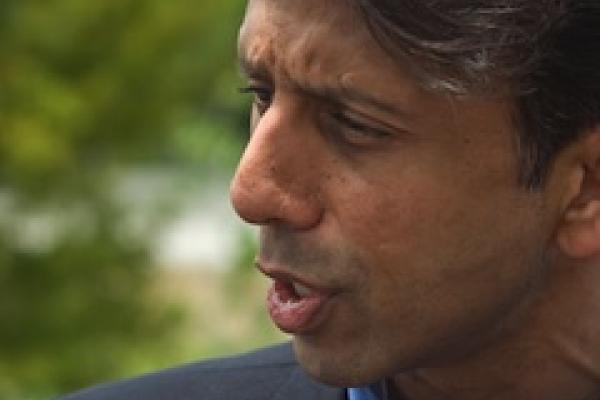(Note: This post contains some frank and graphic discussions of sex and sexuality.)
Two boys from a Steubenville Ohio high school (I’ve opted not to use their names, though they are readily publicized by other media) have been sentenced to time in a juvenile detention center for the rape of a 16-year-old classmate who was reportedly so drunk at a party that she could no longer stand on her own. Aside from “digitally” raping the girl with their hands, reportedly multiple times, one of the boys took photos of the girl without her clothes, shared them via social media, and both young men bragged about the incident to their social networks following the incident.
As the father of both a boy and a girl, I was particularly angered and disturbed by this story. The very fact that such things happen in a supposedly civil society is a stark reminder that we have only a tenuous hold on the well-being of our kids once they leave our sight. We can only hope and pray that we’ve empowered them with the sense of autonomy, respect, compassion, and restraint to keep them either from becoming victims of such violations, or perhaps even perpetrators of it themselves.
But once I get beyond my initial feelings about the whole situation, I’m left wrestling with a number of questions that still feel terribly unresolved.
I try to be a diplomat, to err on the side of patience, when it comes to theological differences between Christians.
Reconciliation and peacemaking come natural. My wife says I stop sounding like myself when I'm hard-nosed or critical.
But recently, sitting across from a young man who heroin ("that boy") very nearly got the better of just days before, I lost at least a layer of my irenic self, lost a bit of my cool. When it comes to certain teachings, I'll not be as diplomatic in the future.
When are we going to stop teaching that the Father has to look on Jesus to love us? Why do we teach that the Father turns away from us, abandons us because of our sin? When are we going to stop teaching that the Father is angry with men and women or hates us (or stop projecting any other merely human emotion on to God?), conveying by our messages (verbal and nonverbal) that God despises that which he gloriously made in God's image?
The message we too often send is that Jesus must persuade the Father to love us, must plead with his Father not to forsake us.
Last Sunday night, the Rev. Thomas Rosica was walking through the Piazza Navona in Rome’s historic center when he bumped into Cardinal Jorge Bergoglio, who he has known for years. Bergoglio was walking alone, wearing a simple black cassock and he stopped and grabbed Rosica’s hands.
He had reason to be worried. Two days later, on Tuesday evening, he and 114 other cardinals entered the conclave to elect a successor to Benedict XVI; a little more than 24 hours and five ballots after that, Bergoglio emerged on the balcony of St. Peter’s Basilica as Pope Francis. “I want you to pray for me,” the Argentine cardinal told Rosica, a Canadian priest who was assisting as a Vatican spokesman during the papal interregnum. Rosica asked him if he was nervous. “A little bit,” Bergoglio confessed.
It was a surprising outcome, and even if Bergoglio suspected something was up, few others did, including many of the cardinals in the Sistine Chapel with him.
Republican U.S. Sen. Rob Portman on Thursday announced he has reversed his longtime opposition to same-sex marriage after reconsidering the issue because his 21-year-old son, Will, is gay.
“It allowed me to think of this issue from a new perspective, and that’s of a Dad who loves his son a lot and wants him to have the same opportunities that his brother and sister would have — to have a relationship like Jane and I have had for over 26 years,” Portman told reporters in an interview at his office. Portman said his son, a junior at Yale University, told his wife, Jane, and him that he’s gay and “it was not a choice, it was who he is and that he had been that way since he could remember.”
The conversation the Portmans had with their son two years ago led him to evolve on the issue after he consulted clergy members, friends — including former Vice President Dick Cheney, whose daughter is gay — and the Bible.
Religious freedom activists scolded the U.S. State Department for not appearing at a hearing Friday on Iran’s treatment of religious minorities, and called for greater government action to secure the release of people imprisoned there for their faith.
“The State Department is AWOL — they are absent without leave,” complained Jay Sekulow, chief counsel of the American Center for Law and Justice, a conservative law firm that represents the wife of Saeed Abedini, an Iranian-American minister in Tehran’s Evin prison. “They act as if they are embarrassed about Mr. Abedini’s faith.”
Louisiana faith leaders hand-delivered a letter to Gov. Bobby Jindal this morning, denouncing his proposal to increase sales tax by 47 percent as “unjust” and “regressive.”
The state already has one of the most disproportionate tax systems in the country, with low- and middle-income families paying more than twice the rate in taxes as families whose income totals more than $1 million per year. To raise the sales tax even higher, say leaders, would deal a crushing blow to the poor.
“[W]e are concerned that your plan proposes to use the increased revenue generated by a heavier burden on poor and moderate income families,” the letter reads, “not to fund any of the important needs and services our State faces, but to decrease the tax burden for those members of our community who are most blessed with wealth and resources. That … is unacceptable.”
I love St. Patrick’s Day.
The one day of the year when, for better or worse, Western culture allows me to claim my non-existent inner Irishman.
Kiss me, baby.
Okay. I’m done.
There are many stories and legends about the fascinating life of St. Patrick. One of the most famous legends recounts how this great 5th century saint banished all of the snakes from Ireland. Bad snakes. Bad.
My work at the Raven Foundation during the last few years has taught me to be suspicious of such legends. In fact, we might call them myths. Myths cover up scapegoating of human beings by telling the story in a more innocuous way. So, instead of saying we banish humans, we say we banished snakes.
Interestingly, the last glacial period (some 10,000-100,000 years ago, depending on whom you ask) beat St. Patrick to the snake banishing. But, Christian tradition has given Patrick all the credit. So, if there weren’t snakes around during Patrick’s day, what’s with the legend?






